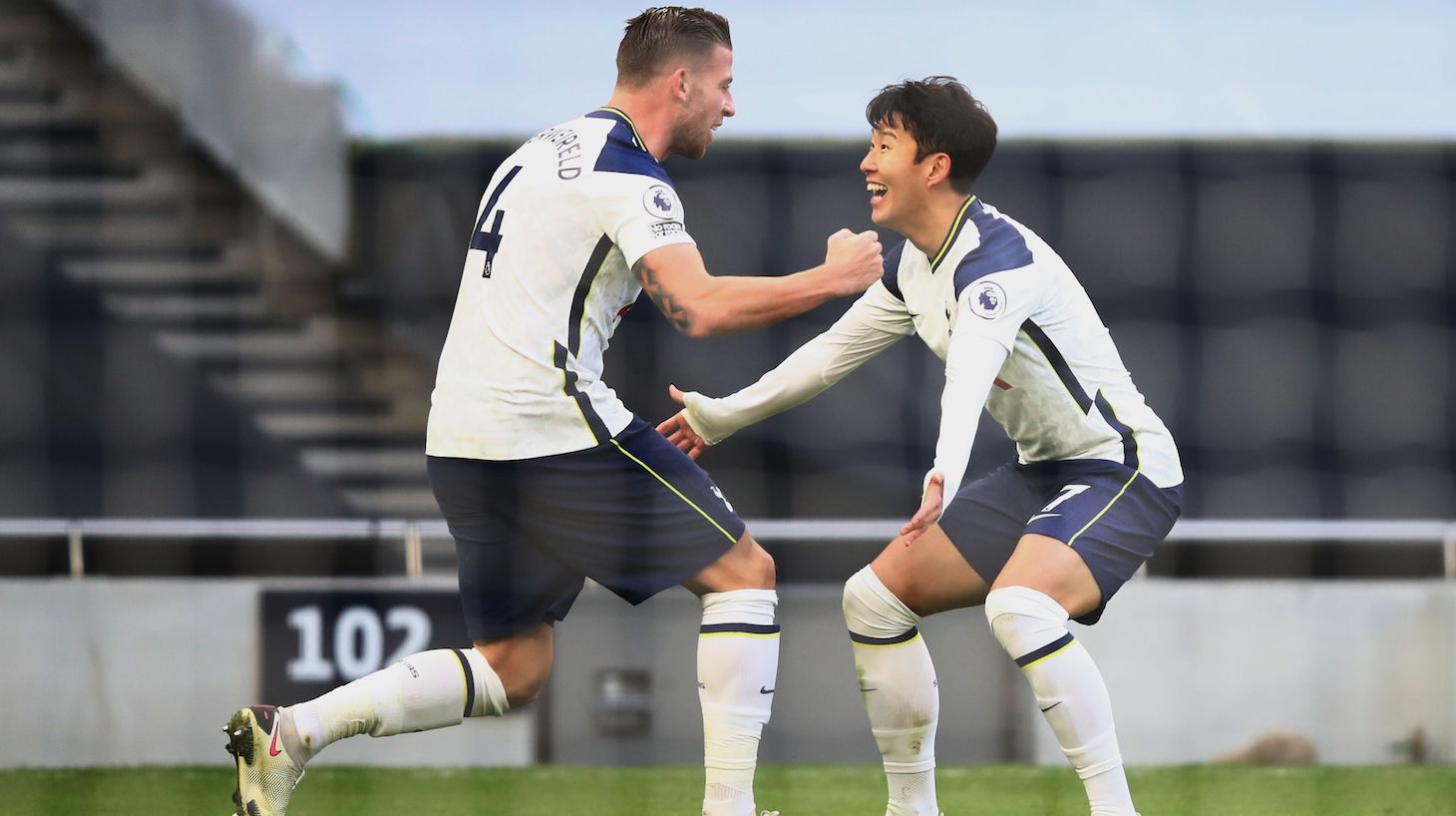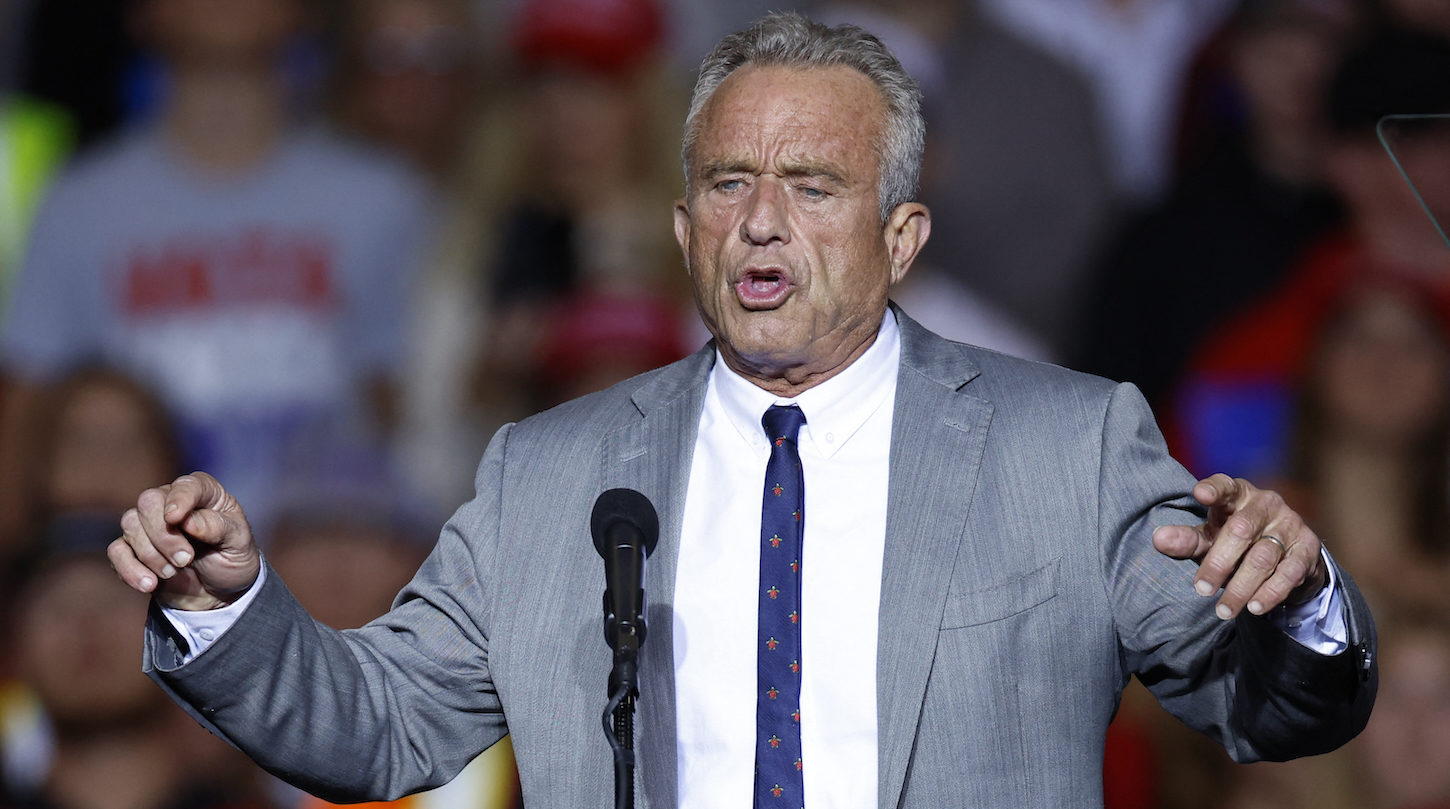Scion of the Just Don’t Stop Running school of flashless Korean football, Tottenham forward Son Heung-min is enjoying the best form of his life. In the past month alone, he won the Puskas Award (i.e., soccer’s Slam Dunk Contest), was named Korean Player of the Year for an obligatory fifth time, and became the 18th player to score a century of goals in a Spurs shirt. Currently the second-highest scorer in the Premier League behind famous Chelsea reject Mo Salah, Son has cemented his place in the rarified tier of world-class soccer players.
With goals comes recognition, and in the 21st century, recognition is manifested in online followings. Plenty of articles have documented Son’s success and ensuing popularity in his native Korea, where his likeness is plastered everywhere from cathedrals to casinos, where TV stations air daily reruns of his games dating back to the “Hope” half of the Obama Administration. But in the deep recesses of the soccer web, past the well-trodden world of NBC highlights, FIFA pack openings, and “Goals and Skills | Welcome to Besiktas” montages, exists the singular realm of Son Heung-min fancam videos.
These videos, usually hyper-zoomed recordings from camera phone-wielding fans in the nosebleeds, track Son around the pitch as he trades daps and shoots the shit with opponents during and after a match. Racking up millions of views, they have neither audio nor production value—just shaky glimpses into the banalities that occur during literally every soccer match ever played. At its core, there isn’t much that separates the postgame happenings of a top-flight soccer match from that of a suburban AYSO game of asthmatic 8-year-olds: obligatory handshakes, a few choice words with the ref, concluding with orange slices in the locker room. By the time all this is going down, moms have long been waiting in air-conditioned cars, and ultras are already throwing hands outside stadium gates.
The mere existence of these Son fancams is pretty extraordinary. For our viewing pleasure, someone would’ve had to fly to England, pay Daniel Levy for a criminally overpriced GA ticket, follow a single dot on the pitch for some 40–60 minutes with sniper-like focus, and endure additional time after the match in famously shite London weather. The commitment involved in the creation of these fancams requires a level of standom that would put your everyday Twitter scroller to shame.
Like any standom, the creative masterminds and viewers of these Son fancams are bound by a larger power. As Brian Feldman noted in a post on online stans, “stan culture is not just a group of people liking something,” but requires a deeper “logic that one can only fully comprehend if they are a stan.” But rather than inside jokes, Son Heung-min stans share something far more visceral and fundamental: a mutual identity.
Hailing from a country known better for producing sedans than sporting icons, Son is arguably the first Korean to realize bona fide, mainstream superstardom without stooping to stereotypes á la every Ken Jeong role, or existing as a novelty à la “Gangnam Style.” Catered for a Korean audience, these fancam videos represent a vicarious gratification and validation for a country unfamiliar with seeing one of its own on the big stage—a country that, just six years earlier, could be brought to raptures whenever Park Chu-young would come in as a 85th-minute substitute for Championship-dwelling Watford.
Thus, Son Heung-min is the quintessence of all of South Korea’s sporting and cultural aspirations. Having been tiger-parented to the pinnacle of the Premier League scoring table and sporting the archetypal trendy K-pop middle part, he is a distinctly and unabashedly Korean star in the world's favorite game, a sport that has only rarely featured any real representation from the East. A figure who is globally respected and almost universally loved, Son has attained not only a level of celebrity unknown to people that look like him, but a different brand of fame altogether. To compare him to Jeremy Lin, Park Ji-sung, or Asian athletes of yore is too simple and, dare I say, possibly racist. No, Son is our Allen Iverson, our Schwarzenegger, our T’Challa—Korea’s symbol of cultural arrival and reset to the rest of the sporting world.
So while a 20-second postgame clip of Son talking with Belgium’s Kevin De Bruyne may seem thoroughly pointless to most, for Koreans, it is symbolic recognition and legitimization from the cultures that have dominated the sport ever since a few English guys thought it would be jolly good fun to kick a pig’s bladder around for an hour and a half. And Korean viewers will be able to tell you that this moment between Son and KDB is no mere hug; hugs are for relatives at Thanksgiving and people who don’t know you’ve muted them on Instagram. This is a co-sign of admiration and a transfer of international power with potentially historic geopolitical implications.
Given the directorial limitations, it’s impossible to know the exact topics of conversation depicted in these fancams. But on behalf of all the Asian people who were ever called Yao Ming as a 5-foot-1 prepubescent kid during pickup recess ball, I’d like to venture an educated guess as to exactly what De Bruyne said to Son after that game:
“Next summer. You, me, Neymar. We’re vacationing down in Busan because Pep told me Korean beaches are way nicer than Saint-Tropez. Also, Parasite was the best movie of the last decade, and kimchi is objectively better than sauerkraut. I respect you. I cherish you. I love you. Mwah.”





